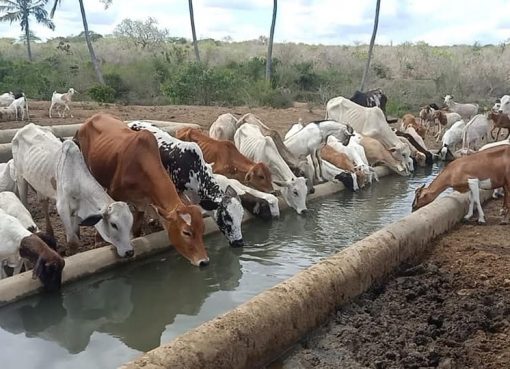As some tea farmers think of uprooting their tea to venture into other income generating activities owing to bonus fluctuation, a farmer in Meru county vows to press on with tea farming.
Edwin Mugambi from Amugaa location in Tigania Central sub-county is so much tied to tea farming that no eventualities can make him change mind.
Mugambi says he has been growing tea for the last four years in his two acre piece of land and cannot complain since the returns he gets helps him to fed for his family.
“In the first year I plucked 4000kgs, in 3rd year 3700kgs. This year I harvested only 2700kgs due to lack of enough rain,” he said.
Speaking to KNA Mugambi advises farmers who want to uproot tea to think twice since the sector is characterized by ups and downs.
“Farmers should be patient since prices change with time. They should not just focus on the reduced tea bonuses since at the end of the day one reaps something from the cash crop,” Mugambi states.
He says tea farming has assisted him finance his school fees up to university level together with enabling him earn knowledge of starting other businesses.
He prides in tea farming stating that it provides one with a lump sum amount at once hence enabling a farmer to plan for other development projects.
The tea farmer appeals to the government through KTDA to supply farmers with fertilizers, and to restrict brokers from taking advantage of tea farmers.
Besides brokers, Mugambi laments that insufficient capital is among the reasons that is hindering desiring farmers from venturing into tea farming.
“Farm sizes are also reducing due to parents partitioning their farms to their children some of whom are not passionate about farming,” observes Mugambi.
The farmer appealed to the government to heavily invest in road infrastructure to save on post-harvest losses especially during rainy seasons when many rural access roads are impassable.
“As farmers we experience heavy losses during rainy seasons because it is the same time that the workforce is very low,” he explains.
By Harrison Mwiti/Muguongo Judy




